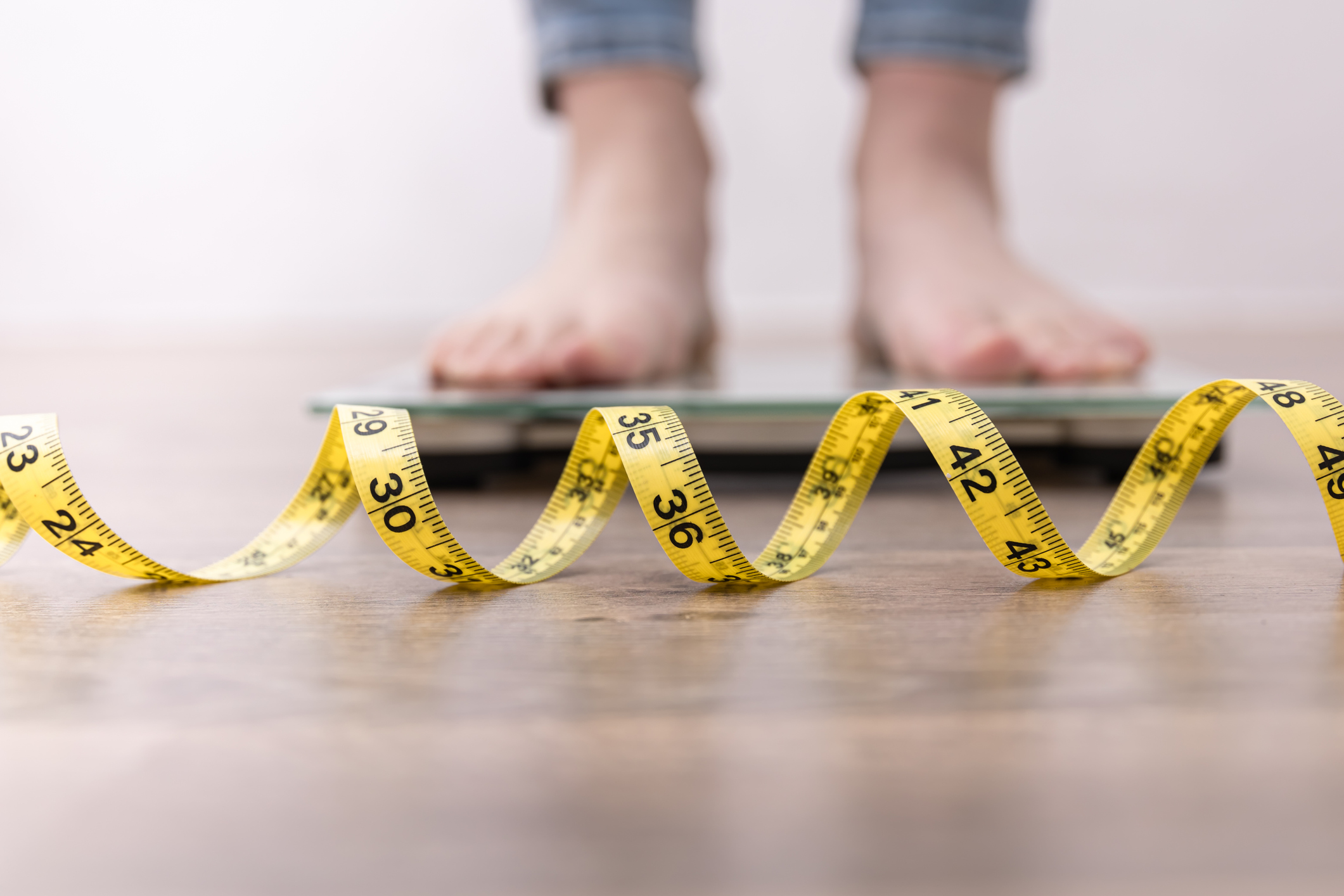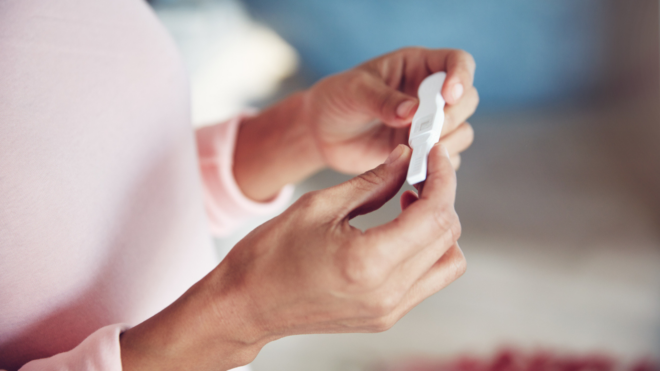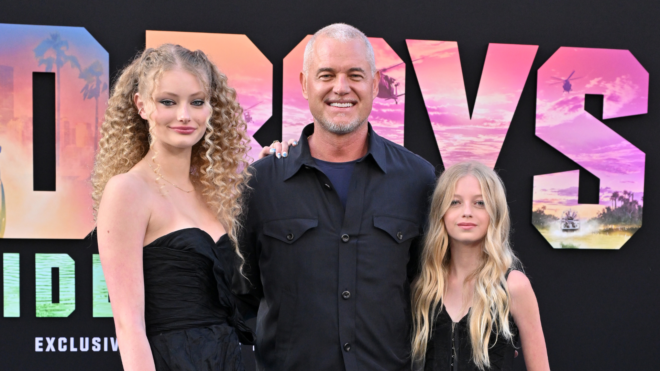
I grew up in the ‘80s and ‘90s, at the height of fashion magazines and commercials that sent the message that if you wanted to be healthy, look good, lose weight, and have a perfect life, you needed to count your calories and fat grams. There were slogans like, “Thanks to the K, you can’t pinch an inch. On me!” I saw that Special K cereal commercial at least once a day while eating my after-school snack. In the commercial, a woman in a red bathing suit poured herself a 100-calorie bowl of cereal. That 100-calorie breakfast was a cup of Special K that didn’t even include the milk needed to wash it down.
So, after hitting puberty and filling out, I tried eating that tiny meal because I didn’t want anyone to be able to pinch an inch on me. Every morning I’d get up, measure my cup of cereal, and add a tiny bit of milk so I wouldn’t choke on the dry flakes. I was starving by lunchtime and would sit and eat the pre-measured meal I’d packed the night before.
I wrote all the calories that went into my mouth on a piece of paper and added them up every day, because the magazines also told me that a person my height, a pinch over 5’7”, should weigh 135, and I weighed more than that. If I wanted to lose weight, a 1,200-calorie diet would help me lose a pound a week.
Tracking my food, writing everything down, then adding it up on my calculator became an obsession. I was tired, weak, and felt horrible about myself if I went over my 1,200 calories. Yes, I lost weight, but my self-image was warped and my confidence was tied to food and the size of my thighs.
After tracking everything I ate for a few months, I was so hungry all I thought about was food and I began bingeing. Then, to correct myself I’d go as long as I could without eating, then try to start over, only allowing myself a certain number of calories. Then I’d binge again, and the cycle of self-loathing, feeling out of control, and hating my body would continue.
I was a 16-year-old girl who stopped menstruating, wore a size 2, and was so afraid that if I started eating without keeping track of every bite that went into my mouth, it would mean I wasn’t strong and I’d be letting myself go. My body stopped recognizing when it was hungry, full, or thirsty.
I saw a therapist who told me to stop writing all my calories down, which was a really hard habit to break. I’d memorized the calories in every food I ate, and I would sit in class and add it up over and over and over because I was so afraid of giving up control. It took me years to work through this, and eventually I was able to eat without counting anything. My body started to regulate, and I was able to feed myself what I needed, even if it was more than what I’d eaten the day before.
I realized there were a lot of factors that went into my disordered eating, but for me, counting and tracking everything I ate was the biggest one and it’s something my kids will never see me do. I learned the hard way what a trigger it can be, and I never want them to go through what I did.
I’m a firm believer in listening to your body's signals, giving it the fuel it needs, and not tying your self-worth to the scale or the quantity of food you eat. It took me a long time to have a healthy relationship with food, and I want to make sure my kids continue to have a healthy relationship with food despite all the outside pressure they're exposed to. That starts with me.
We don't have a scale in our house. We don’t measure our food. And they will never, ever see me track what I eat. For a lot of people, that’s how an eating disorder starts.
So, if I ever feel like I want to drop a few pounds and believe tracking my food won’t be the trigger it once was for me, I still won’t do it. Our children are always watching us. And what might not affect one, might cause disordered eating in another, and that’s not a risk I’m willing to take.



